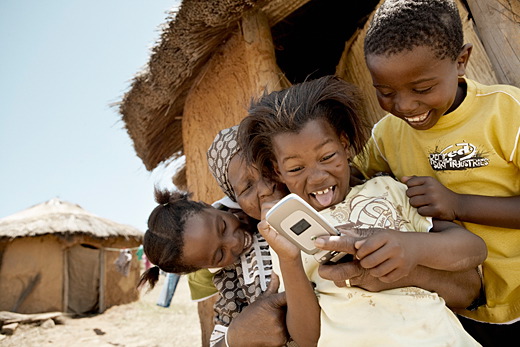News & Updates
Africa’s Mobile Money
21 September 2016

The importance of digital communication and finance is becoming increasingly important in Africa’s strides towards lifting the some of the poorest nations in Africa (and so by extension, the world) out of the extreme poverty they’ve come to know. Ericsson Ltd (telecommunications) has made the decision to establish the Emergency Wallet in order to supply African countries struggling with the cost of crises. Indeed, several African nations have benefitted greatly with the added economic growth; there approximately over 16 million active users with access to online banking services – with over two billion people with no online financial access, this is seen an area of vast potential. These developments in financial aid over the online plane have led many to believe the future of aid, for the world as well as Africa, lies with online finance.
The Ericsson Emergency Wallet fund will specialise in working with countries with especially weak financial infrastructures. Specifically, this emergency funding will come into effect whenever an African nation is struggling to recover from a crisis, natural or otherwise. By distributing the essential financial aid, this would go to, for example, relief workers and the local populace. The key point is the near-seamless movement of money, over online servers, would permit the necessary action that would aid those in need. Consequently, many organisations dedicated to aiding countries and peoples in the wake of disasters see the benefits of such a move; an improved financial infrastructure coupled with easier access to online financial services would significantly reduce the time taken to receive the funds necessary to begin the process of recovery.
“Digital payment mechanisms are essential to delivering effective cash transfers to address the large scale humanitarian needs caused by today’s crises” - David Miliband, president and CEO of the International Rescue Committee
Across Africa, there are many established financial technology (fintech) companies, all of which are challenging the mainstream financial services. It has been estimated that approximately a third of the mainstream finance sectors’ revenue is at risk. It is abundantly clear Africa’s ability to support online financial technology via an improved infrastructure, as a vessel for humanitarian aid in the aftermath of a disaster, is growing at a steady pace.